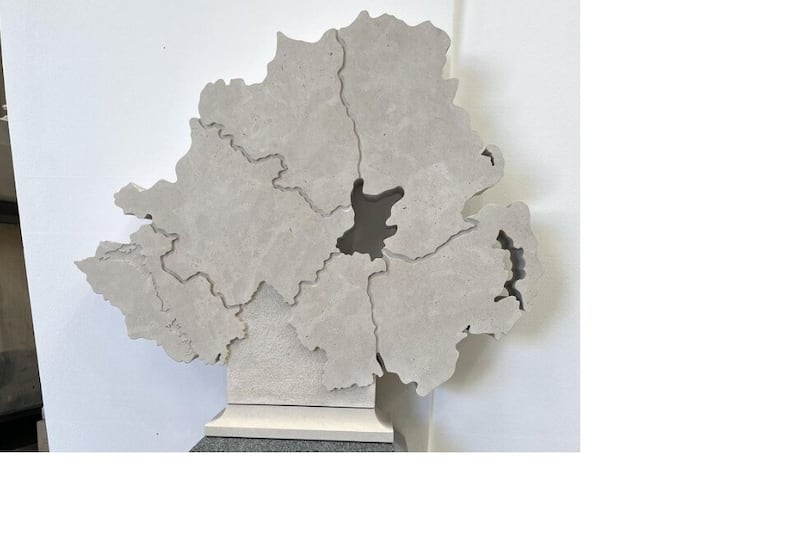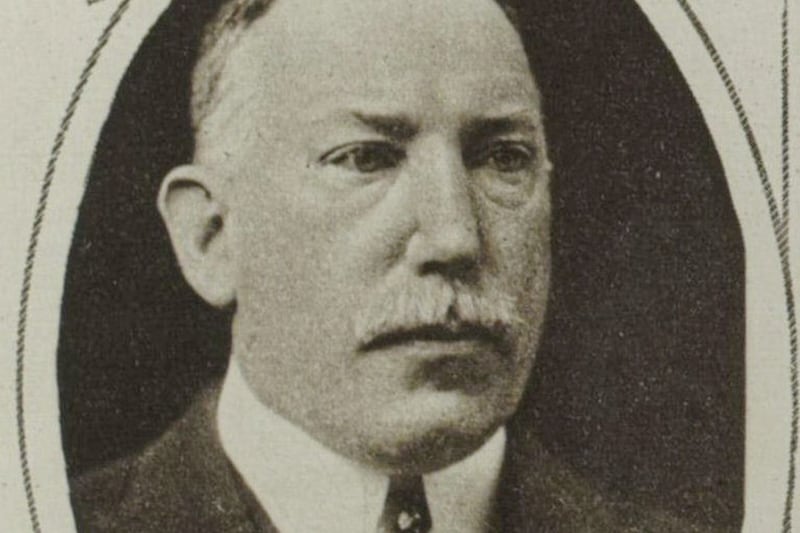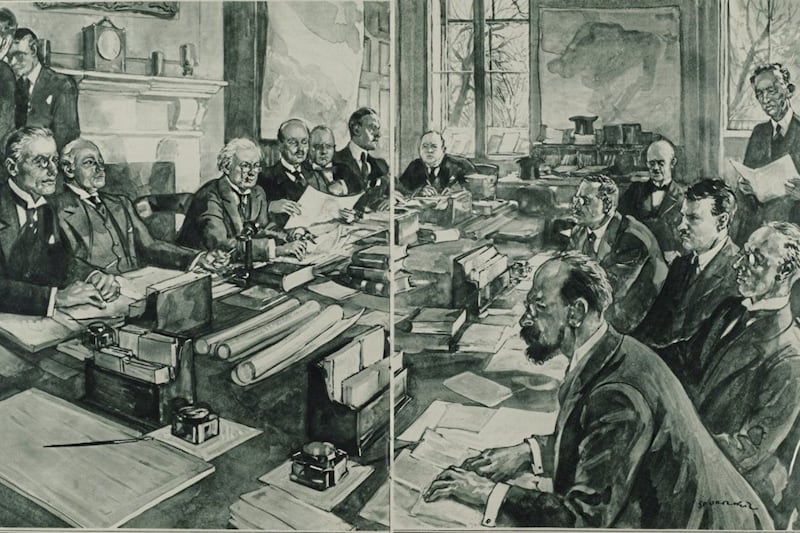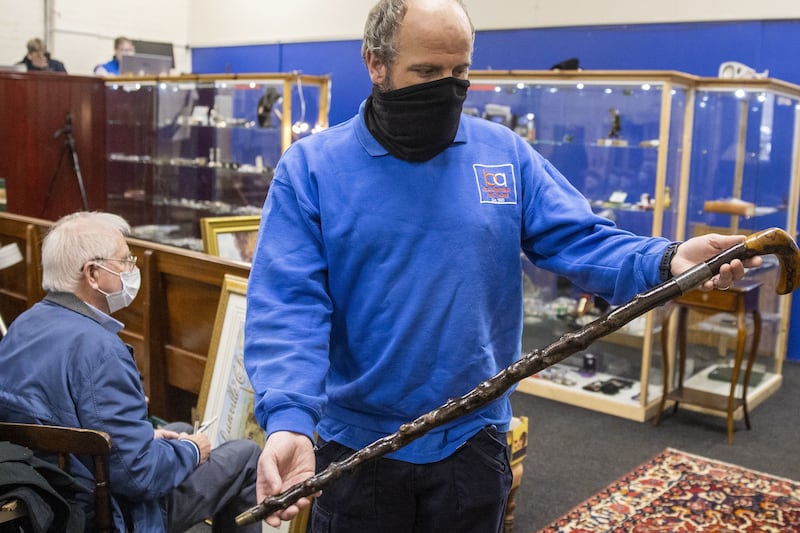WHEN loyalist James Craig was murdered 30 years today, few knew of his alleged links to the killing of comedian Patrick Kielty's father.
The 47-year-old was gunned down in an east Belfast pub on October 15 1988, just nine months after the brutal murder of Co Down businessman Jack Kielty.
The building firm owner and prominent GAA member was gunned down by the UFF, a cover name for the UDA, as he sat in his office in Dundrum on January 25 1988.
Three men, William Bell, Delbert Watson and David Curlett were sentenced to life for the murder of Mr Kielty, but were later freed in 2000 under the terms of the Good Friday Agreement.
Read More:
- State papers: Murder of Jack Kielty and image of UDR in secret files
- Suspect in sectarian murder of Jack Kielty served in the UDR
- Chance encounter helped shed light on my dad's murder: Kielty
But just six years ago, TV personality Patrick learned of new information about his father's killing during a chance encounter at a Belfast gig.
The Dundrum-born star, who is married to TV presenter Cat Deeley, was approached by a member of his audience who gave him vital information about why his late father may have been targeted.
Following a 2012 show, a woman spoke to the comedian.
"This woman told me that her husband and my dad had been going to give evidence in the trial against James Craig,'" Patrick Kielty said.
"And I didn't know that.
"Apparently they gave evidence behind a screen but then the trial collapsed and both men were then identifiable."
Mr Kielty is believed to have been a victim of extortion by Craig, a UDA commander responsible for extracting money from building contractors, many of whom were Catholics.
It was claimed that Mr Kielty was killed to send out a warning to others to keep quiet.
At the time, Craig had been targeted by journalist Roger Cook's current affairs programme, 'The Cook Report'. The investigative reporter had exposed a protection racket being run by Craig.
When the murder happened, racketeer Craig was attempting to sue the programme to prevent further revelations.
Craig was never brought to justice as he was himself shot dead by the UDA in east Belfast a few months later.
Lured to the The Castle Inn, later called The Bunch of Grapes, Craig thought he was attending a UDA meeting at the Beersbridge Road pub.
As he was played pool, two men wearing boiler suits and ski marks entered the room and sprayed it with gunfire.
Craig died instantly.
Originally from the Shankill Road area of west Belfast, Craig became involved in paramilitary activity during time spent in the Maze Prison.
Joining the UDA, his 'hard man' reputation saw him assume control of the organisation's activities in the jail and later establish a large protection racket following his release.
He became a major figure in the UDA, heavily involved in blackmail and extorting money from construction firms, building sites, shops and pubs.
He is alleged to have been involved in the double killing of a Catholic man and a Protestant man on the Shankill Road in 1977. But it is understood the west Belfast UDA became increasingly agitated with him and ordered him to leave the area.
He joined forces with with John McMichael's south Belfast Brigade.
In December 1987, Craig was suspected of liasing with the IRA in the murder of McMichael who was blown up by an IRA booby-trap car bomb outside his home in Lisburn's Hilden estate.
It was reported at the time that Craig had feared McMichael was about to expose his racketeering business.
When Craig himself was gunned down the following year, his shady activities in the paramilitary underworld had made him a target of almost every terrorist group in Northern Ireland.
But in the end the 47-year-old was believed to have been murdered by members of his own group.
Sources at the time said Craig had spoken of concerns for his safety prior to his death. It was understood he had spent a large sum of money improving his personal security.
His activities in extortion and racketeering had long been known to the RUC but a reluctance on the part of witnesses to come forward and give evidence against him meant he was never convicted.
Earlier this year, Patrick Kielty - who was just days away from his 17th birthday when his dad was killed - spoke of his heartbreak at the callous UFF execution of his father in a BBC documentary 'My Dad, the Peace Deal and Me'.
"My dad died for nothing - he wasn’t a political figure, he wasn’t taking a stand," he said.
"He had a building firm, he employed both sides.
"He was just doing the right thing."








